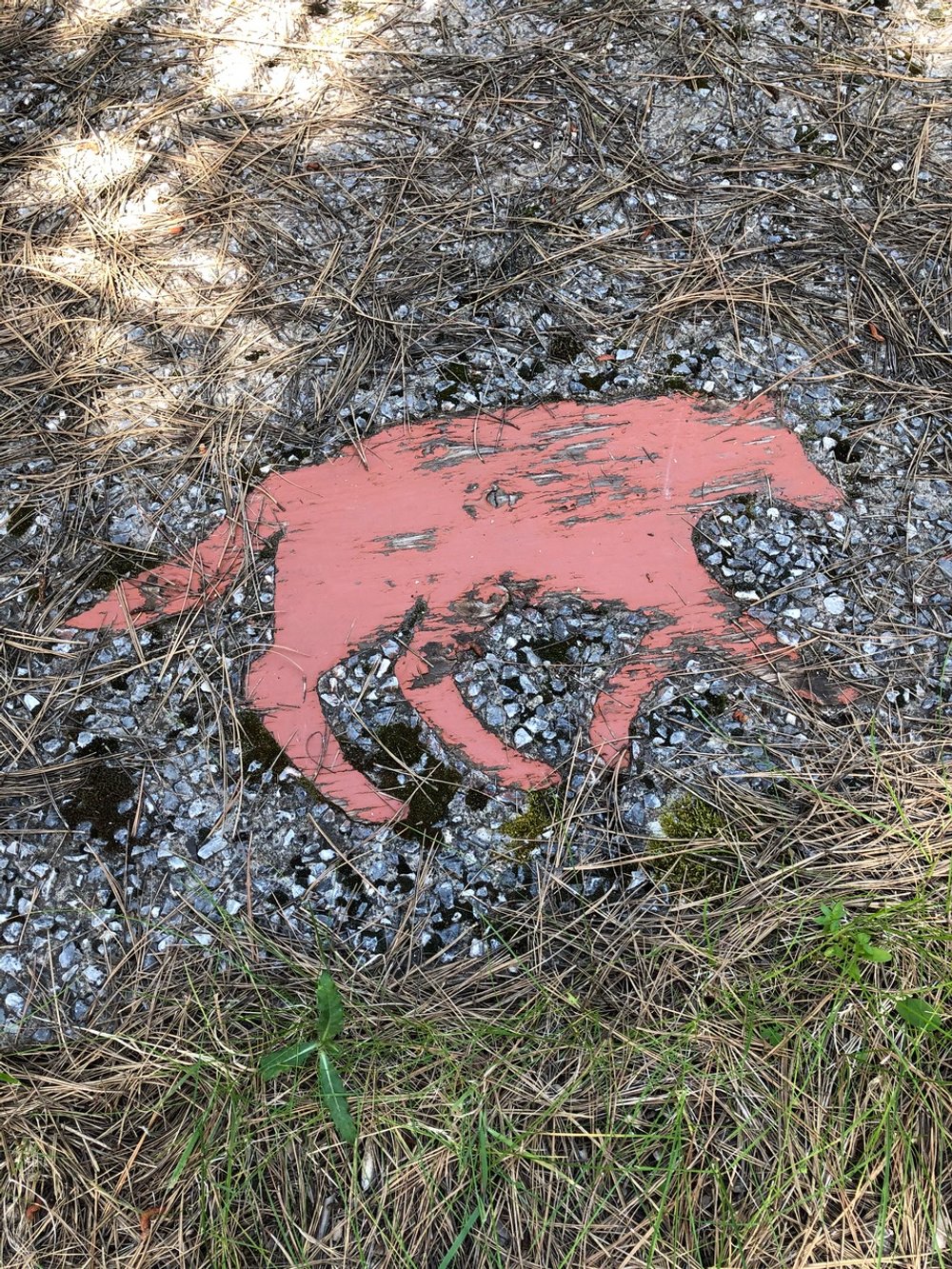Nez Perce Storytelling
Preservation of the Nez Perce Language and traditional stories began with the first Nez Perce graduate to earn a PhD, Archie Phinney.
Dr. Phinney worked between the 1920s and ‘40s to record tribal elders. It was a remarkable time because the Nez Perce had only been recently colonized, with their first white contact being Lewis & Clark in 1804. During Phinney’s era, many Nez Perce, including himself, were still speaking their native language. Our stories were preserved without the filters of the English language and Christian values of decency.
During the 1960s, a Japanese linguistics student named Haruo Aoki chose the Nez Perce Language as his scholarly work. Aoki produced the Nez Perce Language dictionary that is still in use today. Between Phinney and Aoki, over one hundred stories were preserved for future generations. They include the Coyote stories and those of many other animals characterized in the Idaho landscape.
The late elders Mari Watters and Al Slickpoo, Sr., that you hear telling these stories were raised speaking the Nez Perce Language and hearing the mythology in its entirety. This is a precious gift that has long been stripped away from all American Indian tribes by the government boarding school program. Mari Watters and Al Slickpoo, Sr. were raised speaking the Nez Perce Language in a time when it was outlawed. They heard the stories so many times that the teachings of Coyote became a part of them. Modern Nez Perce people are working to reclaim their language and mythology and pass it along to the new generation. And thanks to the preservation work beginning with Dr. Phinney in the 1920s, there is plenty of material for future generations to learn.
I hope you’ll listen to my earlier podcast called “Coyote Breaks the Fish Dam” on the Mythweaver website under “podcasts.” It features a Nimi’ipuu Coyote story from 1990 told by the late Mari Watters, that teaches and guides the listeners through the landscapes of the Columbia River and the Nez Perce homeland.
Funding for the Voices of the Earth Podcast Series comes from the Idaho Humanities Council and the National Endowment for the Humanities, as part of the American Rescue Plan Act of 2021.
by Jeanette Weaskus, Nez Perce
6/28/22

